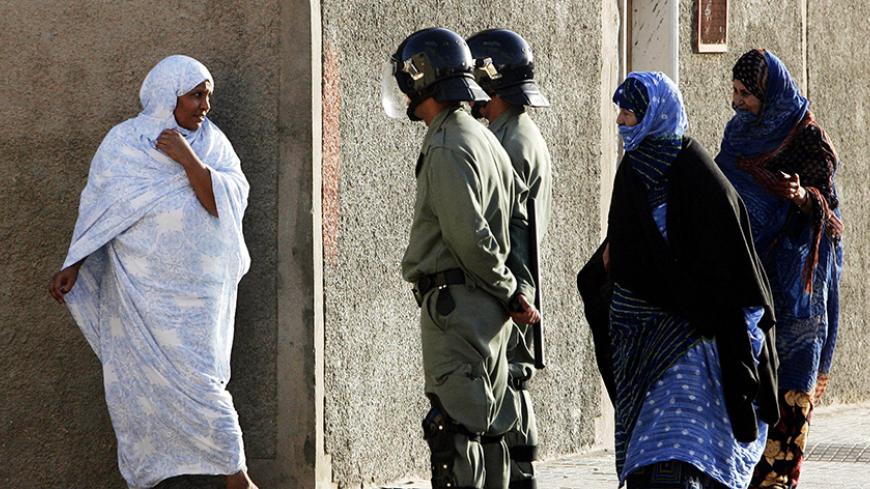TINDOUF, Algeria — Western Sahara is the only African non-self-governing territory. It is often called Africa’s last colony, and the territory sparks controversy easily. For example, the African Union recently condemned the Crans Montana Forum on Africa, whose slogan is “Committed to a More Humane and Impartial World,” for meeting in the city of Dakhla, which is under Moroccan control.
Now the United States is drawing fire. President Barack Obama's administration is planning to approve a $1 million grant for civil society organizations in the region. Meanwhile, much of the Sahrawi indigenous population lives in refugee camps in southwest Algeria, waiting in exile for a United Nations referendum on independence promised a quarter century ago.


